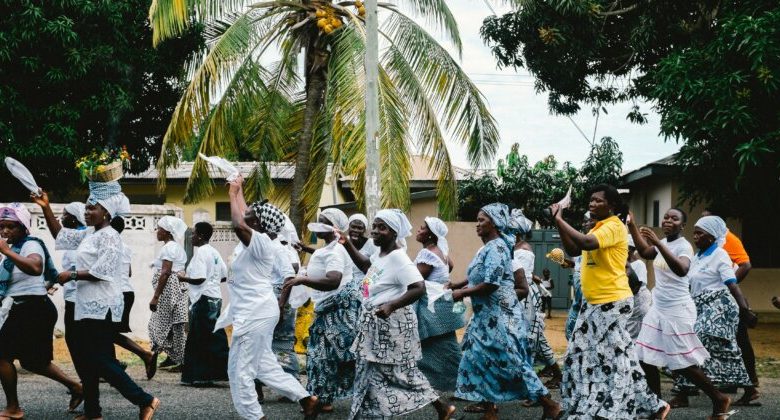Black Americans Moving to Ghana: Economic Impact

Black Americans are increasingly relocating to Ghana, drawn by the promise of freedom, cultural reconnection, and refuge from the racial and political tension in the U.S. For many, it’s more than a trip — it’s a spiritual and social reset. But the growing presence of American expats is having unintended consequences: rising living costs, land disputes, and local resentment.
The migration trend gained momentum after Ghana’s 2019 “Year of Return” campaign, which invited the African diaspora to “come home” and retrace ancestral roots. Since then, an estimated 1,500 Black Americans have moved to Ghana, many settling in Accra and Cape Coast. Ghana’s government has fast-tracked visas and courted celebrities like Meek Mill, Chance the Rapper, and Dave Chappelle, helping solidify the country’s reputation as a safe haven.
For expats like Christa Núñez, a Cornell Ph.D. student and mother of three, the move was politically motivated. She booked one-way tickets on Inauguration Day in 2021 — the day Donald Trump was sworn back into office. “I did not want to be present in the country while people were celebrating that,” she said. Others echoed the sentiment: tired of police violence, othering, and rising extremism, they saw Ghana as a majority-Black nation where they could simply exist.
But Accra is no utopia. With increased American interest, property prices have soared. Real estate firms, like E. Wells Realty, now market beachfront condos and land in Cape Coast in U.S. dollars, with plots starting around $30,000 and apartments listed for $160,000. While such prices are still considered affordable by American standards, they have pushed housing out of reach for many young Ghanaians.
Shannan Magee, also known as Nana Akosua, president of the African-American Association of Ghana, said the motivation for most newcomers is peace of mind. “They just tired of the b.s. in the States,” she said. She pays $350 a month for a 5-bedroom home in a gated neighborhood — a fraction of what she would pay in New York.
Yet this influx isn’t friction-free. In the town of Asebu, near Cape Coast, a local chief offered 5,000 acres of land to African-American buyers, triggering protests and a lawsuit from displaced farmers. The area’s beachfront — near former slave dungeons — has become especially attractive to returnees seeking a symbolic homecoming. But for locals, it’s led to land loss, rising rents, and cultural tension.
“You’re owning a piece of your heritage,” said Hanna Atiase, founder of E. Wells Realty. Her firm sells land in historic areas and markets luxury developments like Wakanda-One City of Return, complete with rooftop gardens and high-rise condos inspired by the Black Panther franchise.
While developers promote jobs and tourism, some Ghanaians warn of long-term consequences. Artist Ama Asantewa Diaka says unchecked profiteering, not diaspora return, is the problem. “Black Americans have settled in Ghana for decades,” she said. “It’s the landlords and developers taking advantage.”
Researchers like Yaw Atuobi note a lack of organized resistance. “People are talking about it, but there’s no cohesion,” they said. In some communities, lakefront land has already been sold off, and leases for locals are quietly being terminated.
Still, for many returnees, the sense of emotional freedom outweighs the tension. “I felt at peace,” one visitor said after dining by the sea in Cape Coast. For others, like Núñez, the journey is a constant negotiation between feeling at home and being a foreigner. She’s seeking Ghanaian citizenship but remains sensitive to issues around land justice. “The process has to align with my ethics,” she said.
Ghana offers both clarity and contradiction — a homecoming that comforts and challenges. As the “Blaxit” movement grows, the promise of belonging must also reckon with the realities of inequality and displacement, even in the places meant to feel like home.




